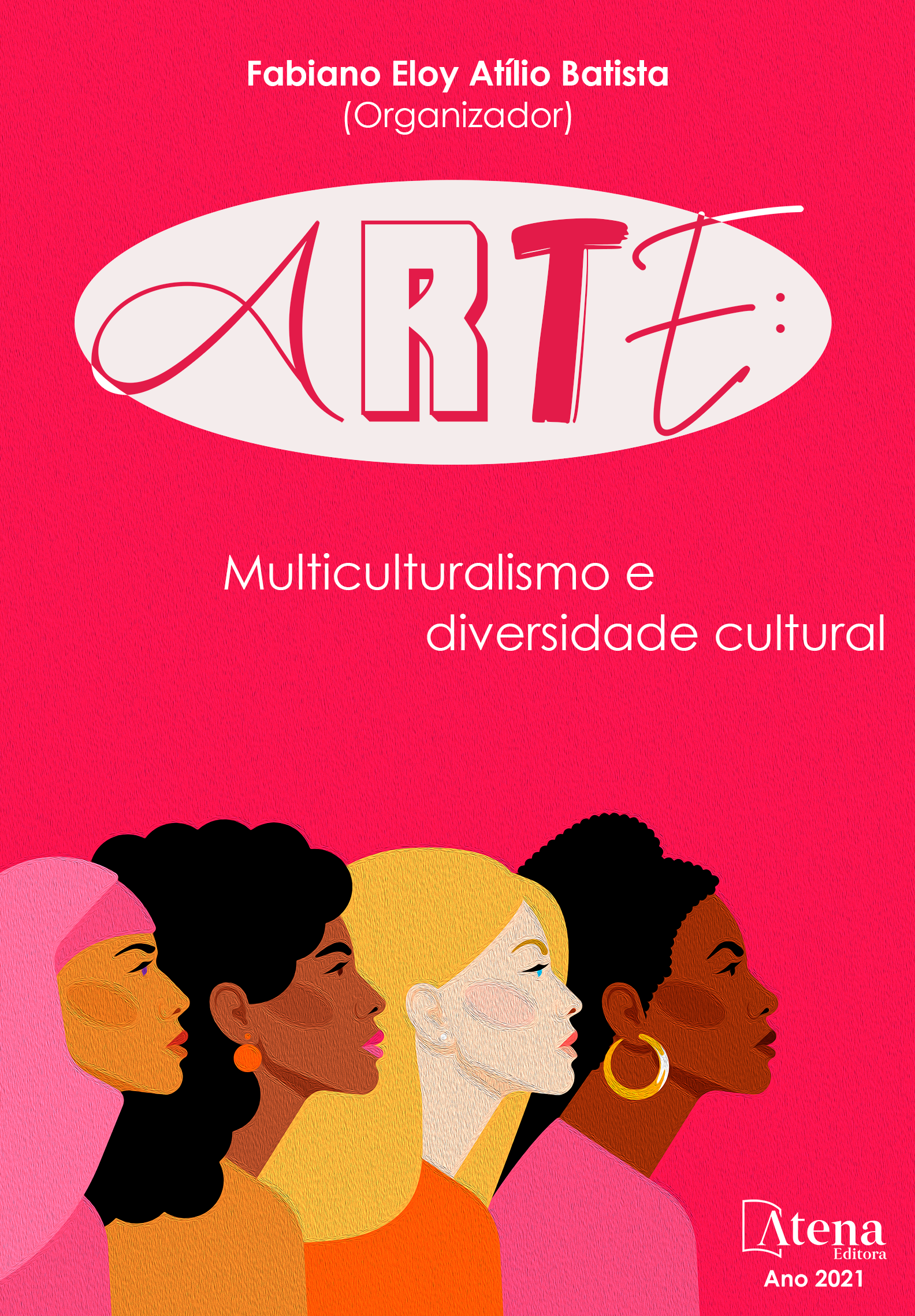
JONGO-FUNK NA PRÁXIS: PERSPECTIVAS DECOLONIAIS E AFRODIASPÓRICAS NO ENSINO DE ARTE
De acordo com as ideias de Mariano Enguita (1989), a história da educação brasileira foi forjada para dar margem a um projeto de submissão, lucro e dominação, à serviço dos objetivos daqueles que aqui tinham posses: a Igreja, a Coroa e o Mercado. Esse processo acabou resultando na desvalorização e colonização dos saberes e conhecimentos tradicionais dos povos escravizados, os indígenas e africanos — sendo os negros(as), as maiores vítimas de discriminação e preconceito. Considerando tais dificuldades o governo federal, através da Lei nº 10.639, passou a incluir no currículo oficial da Rede Nacional de Ensino a obrigatoriedade da temática "História e Cultura Afro-Brasileira". Ainda assim, Nilma Lino Gomes (2008) afirma que o ensino das relações étnico-raciais continua encontrando barreiras e resistências na comunidade escolar. A experiência subjetiva da cultura da colonialidade permanece presente no imaginário de muitos estudantes, sugerindo uma ideia depreciativa da identidade negra. Desse modo, a pesquisa pretende delinear caminhos para a construção de uma pedagogia decolonial, que assegure representações positivas dos afro-brasileiros e que tenha como foco uma educação com base no respeito à diversidade. Através do cantar-dançar-batucar (Ligiéro, 2011), propomos a investigação de um léxico próprio das performances culturais brasileiras que tem origem e influência das tradições africanas, o jongo e o funk. Estabelecendo uma aproximação entre essas duas expressões, pretendemos estimular o interesse dos alunos(as) — e, por extensão, de toda a comunidade escolar — a fim de que o corpo discente possa desmitificar certos aspectos artístico-culturais de matrizes africanas (até hoje vistos sob uma perspectiva negativa) muito presentes no cotidiano do próprio corpo discente, de tal modo que, ao reconhecer esses aspectos, os estudantes possam ressignificar e valorizar a negritude.
JONGO-FUNK NA PRÁXIS: PERSPECTIVAS DECOLONIAIS E AFRODIASPÓRICAS NO ENSINO DE ARTE
-
DOI: 10.22533/at.ed.32421041012
-
Palavras-chave: Jongo; Funk; Cultura; Afro-Brasileira; Arte
-
Keywords: Jongo; Funk; Culture; Afro-Brazilian; Art
-
Abstract:
According to the ideas of Mariano Enguita (1989), the history of Brazilian education was forged to give rise to a project of submission, profit and domination, at the service of the objectives of those who had possessions here, the Church, the Crown and the Market. This process ended up resulting in the devaluation and colonization of the traditional knowledge and knowledge of enslaved peoples, indigenous and African people — with blacks being the biggest victims of discrimination and prejudice. Considering such difficulties, the federal government, through Law No. 10.639, started to include in the official curriculum of the National Education Network the mandatory theme "Afro-Brazilian History and Culture". Even so, Nilma Lino Gomes (2008) states that the teaching of ethnic-racial relations continues to encounter barriers and resistance in the school community. The subjective experience of the culture of coloniality remains present in the imagination of many students, suggesting a derogatory idea of black identity. In this way, the research intends to outline paths for the construction of a decolonial pedagogy, which assures positive representations of Afro-Brazilians and which focuses on education based on respect for diversity. Through singing-dancing-drum up (Ligiéro, 2011), we propose the investigation of a specific lexicon of Brazilian cultural performances that has origin and influence from African traditions, jongo and funk. By establishing an approximation between these two expressions, we intend to stimulate the interest of students - and, by extension, of the entire school community - so that the students can demystify certain artistic-cultural aspects of African matrices (seen until today from a negative perspective) very present in the daily life of the students, in such a way that, by recognizing these aspects, students can reframe and value blackness.
-
Número de páginas: 20
- Yasmin Coelho de Andrade


